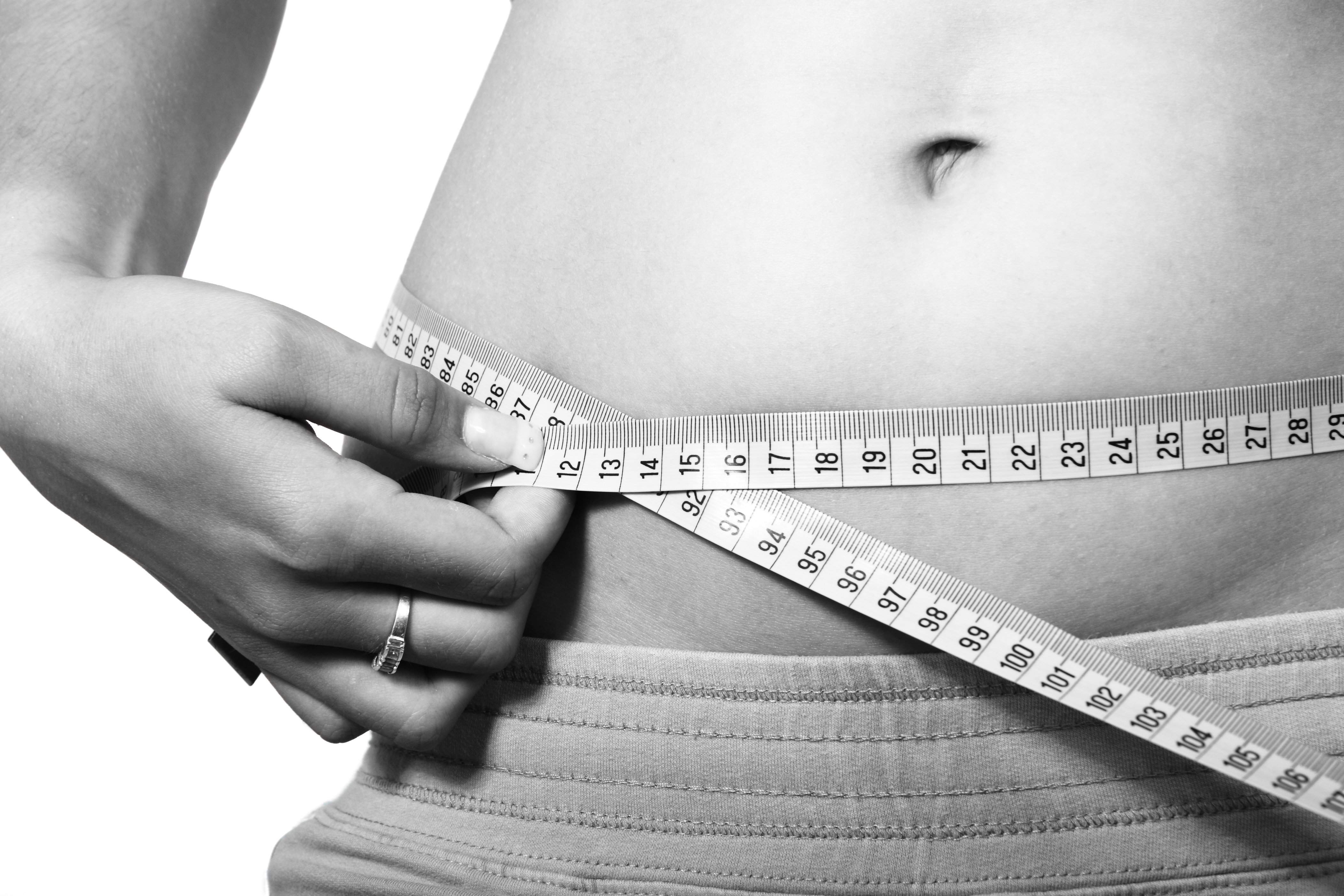Caitlin Tilley examines the consequences of living in a health obsessed world and how this can lead to an often overlooked eating disorder.
Like many, I have always had a keen interest in healthy eating. Whilst I have always assumed this was a positive quality, I have recently learnt that for some this interest can become overpowering. Orthorexia is defined as an ‘obsession’ with eating foods that one considers to be healthy. Naively, I was first shocked that this could be considered as a mental health issue. A fixation with eating healthily? How on earth can that be a bad thing, let alone an eating disorder? Surely it’s better to be obsessed with healthy eating than to not care at all?
With Eating Disorders Awareness Week coming up, raising awareness about all types of eating disorders is vital; anorexia, bulimia and binge eating are probably some of the most commonly known eating disorders. Less widely known, orthorexia is often seen as a combination of characteristics from some of those disorders. In contrast to other disorders however, people with orthorexia focus on eating ‘correct’ food rather than losing weight. Still not a clinically recognised eating disorder, the term itself was only defined in 1997.
So, what actually constitutes this disorder? What it definitely doesn’t mean, is that everyone who follows a healthy diet is orthorexic. This is because what one person considers to be a healthy diet may be very different to someone else. In addition, many people struggle with symptoms that are associated with the term ‘orthorexia’ but don’t necessairly have the illness. The word that should ring alarm bells is ‘obsession’. When your desire to eat a ‘pure’ diet is interfering with your daily life by negatively affecting your work and relationships, it becomes a problem. When your self-worth has become entangled with the purity of your diet, that’s when it might have gone too far.
Quite often, it has been the raw, no-meat, no-dairy, gluten-free, totally non-processed and refined sugar free diet which has been hailed as the answer to good health: a pretty high standard to uphold. But if engaging with this vision is negatively affecting your mental health, then there is nothing healthy about that at all. As with any disorder, there is a spectrum, and just because you may not qualify for a diagnosis doesn’t mean you’re not still at risk.
Food choices can eventually become so restrictive, both qualitatively and quantitatively, that begin to health suffer. With symptoms manifesting themselves behaviourally, psychologically and physically, the toll on an individual can be massive. Naturally, this is a bitter irony for someone who potentially set out with good intentions. Psychological symptoms may include emotional wellbeing being overly dependent on eating the “right” food, and physical signs might be tiredness or feeling weaker.
The rising media attention to our diets and resulting hyper-awareness of what we’re eating can be dangerous and it can feel like this mantra is inescapable. I think the most important preventative measure to take is just to be aware. Look out for your friends, family, as well as yourself. Web Pages such as Beat, the UK’s leading eating disorder charity, contain a breakdown of the different symptoms. If you recognise any of them in either yourself or someone you know, you should seek advice. Regardless of not being officially diagnosed with orthorexia, specialists can help you find suitable treatment options.
We all know that eating healthily is a good thing. The rise in orthorexia does not mean that it is unhealthy to follow a healthy diet. Just be sure that your healthy eating isn’t taking up an excessive amount of time and stress within your life, or that deviation from your diet is coming with a side order of self-loathing.
Caitlin Tilley

